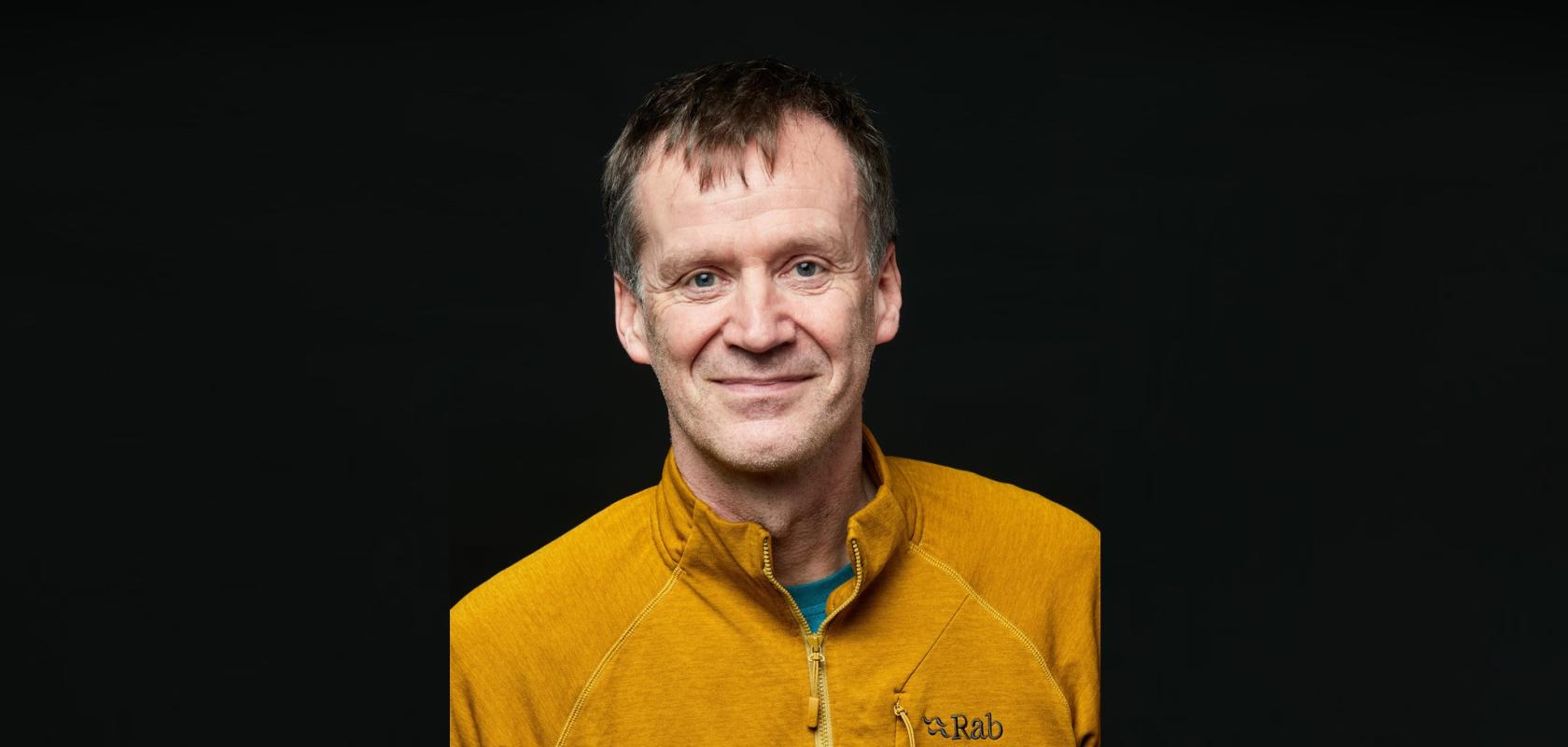Miles Padgett is a Royal Society Research Professor and also holds the Kelvin Chair of Natural Philosophy at the University of Glasgow. His research covers orbital angular momentum, a property of light whereby beams can spin microscopic objects, and development of optical tweezers, which use laser beams to manipulate the microscopic world.
His research team also investigates quantum properties of light, and Miles is currently the Principal Investigator of QuantIC, the UK's centre of excellence for research, development and innovation in quantum enhanced imaging. QuantIC brings together eight universities with more than 40 industry partners to develop new imaging techniques, such as quantum microscopy, able to improve 3D imaging of the most fragile and delicate biological samples for more detailed diagnosis of disease. In addition, the team are developing a new technique for imaging through a single optical fibre. The ambition here is to create a new generation of single-fibre imaging devices that can produce 3D images of remote scenes.
When asked his views on the next big thing in photonics research, Miles says: “Crystal balls are dangerous thing; one tends to only see one’s own reflection!”
However, he goes on to say that “the near-term future is showing that many of the quantum approaches to quantum imaging and sensing that have been shown in the lab translate into real-world performance improvement in multiple application areas.”
Speaking to Electro Optics at the 2022 Laser World of Photonics show in Munich, Miles said that, for QuantIC, the two main events in its annual calendar are Laser World of Photonics and SPIE Photonics West in San Francisco. Both are examples of joint industrial and academic conferences, where an industrial exhibition is run alongside an academic conference. He said: “While there’s nothing unusual with academic quantum researchers attending these meetings, what is unusual is them having a presence on the industrial exhibition floor. That really shows the transition of these technologies from an academic paper, to a technology demonstrator, to new products.”
At its booth in Munich, QuantIC was showing its GasSight system, a low-cost imager developed in collaboration with M-Squared Lasers that can produce real time video of methane gas and an ultra-low noise imaging system developed with the University of Bristol. Miles is planning to travel to SPIE Photonics West early in 2023.
Miles has won various national and international prizes. In 2020 he was awarded an OBE by the UK government for his services to science. In 2019 he was awarded the Rumford Medal of the Royal Society, and in 2021 the Quantum Electronics and Optics Prize of the European Physical Society. Since 2019 he has been identified by Web of Science as a globally highly-cited researcher.
He says that in his career he has been lucky to have had “wonderful mentors and amazing colleagues. These people have been all around me, my fellow academic researchers, super enthusiastic and smart students and importantly my colleagues in professional services that make the whole place function.”
He puts emphasis on how research is “a team game with all of us relying upon each other”. During his five-year term as Vice-Principal for Research at the University of Glasgow he and his colleagues championed how an improved research culture was not an alternative to excellence but rather what would allow more researchers to excel. He is now the academic co-lead of Glasgow's Lab for Academic Culture, which was established in 2020 with the aim to enhance academic research and teaching culture.
He says that the academic community collectively “face a variety of global challenges which will undoubtedly restrict investment in research”. He adds that, in the UK, this is coupled with the challenge of maintaining international collaborations after Brexit.
His advice for those starting out in a career in photonics is: “Talk to as many people as you can, in academia, industry and other user groups. Understand what you are expert in and work out how you might apply this expertise in new areas to solve recognised challenges.”
https://www.gla.ac.uk/schools/physics/staff/milespadgett/
Google Scholar: http://scholar.google.co.uk/citations?user=1OXAatkAAAAJ
ORCID: https://orcid.org/0000-0001-6643-0618
Twitter: @MilesPadgett
Organisation: University of Glasgow
Role: Royal Society Research Professor
Based in: Glasgow, Scotland


